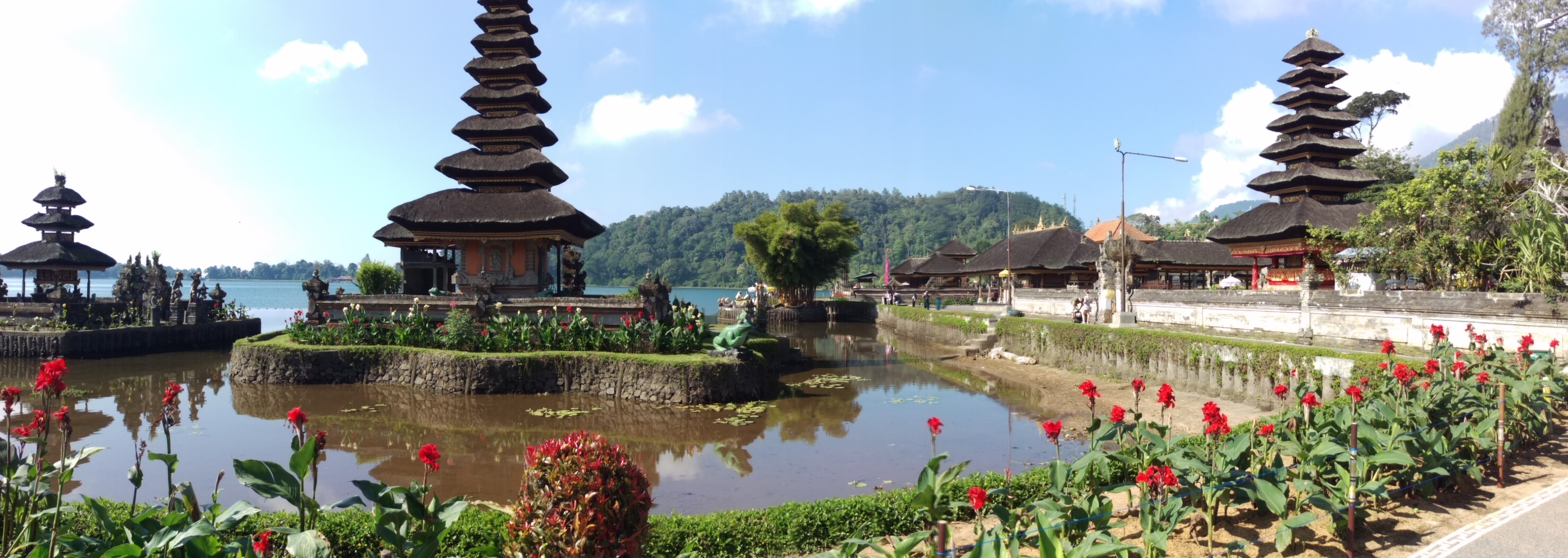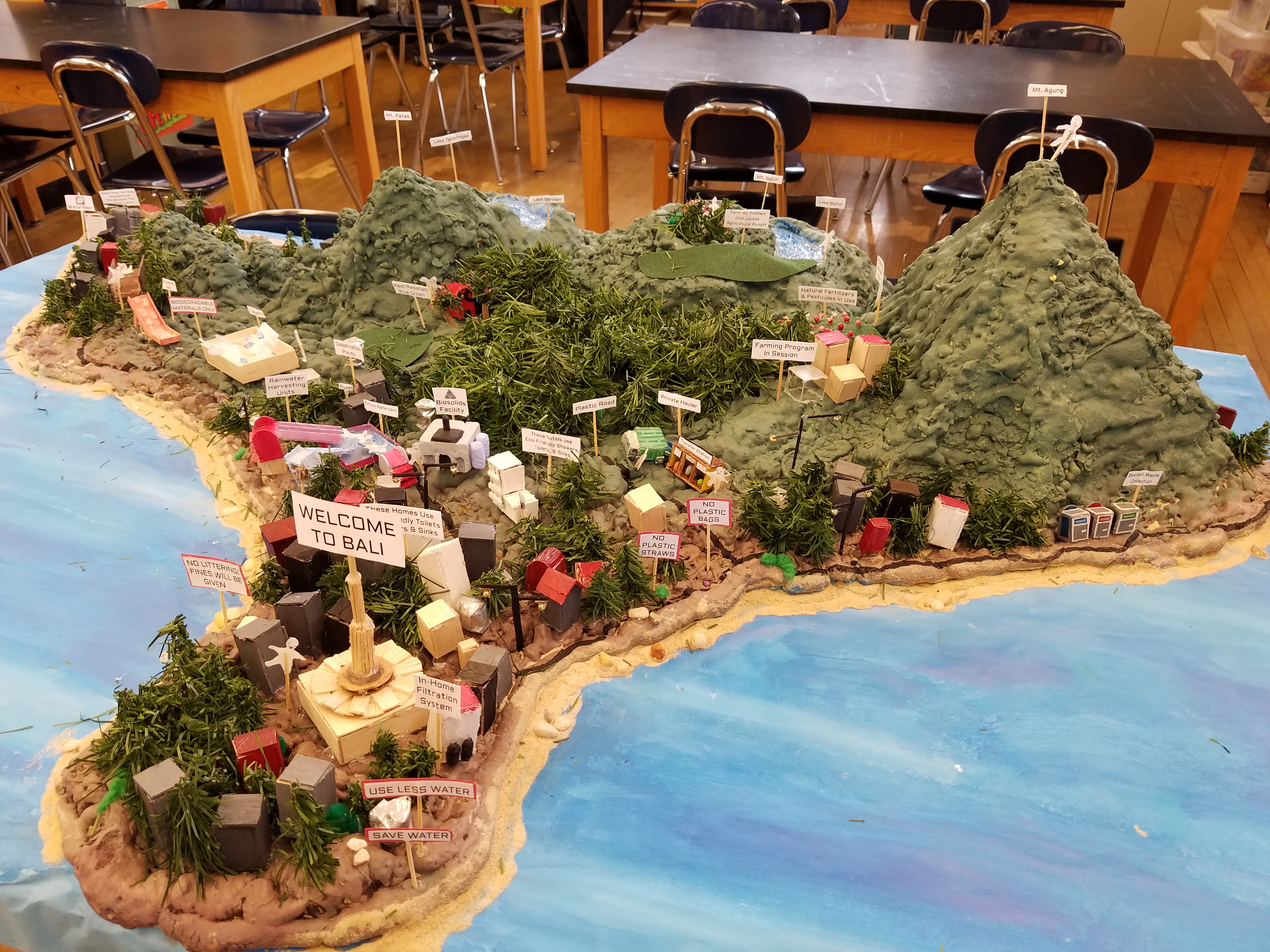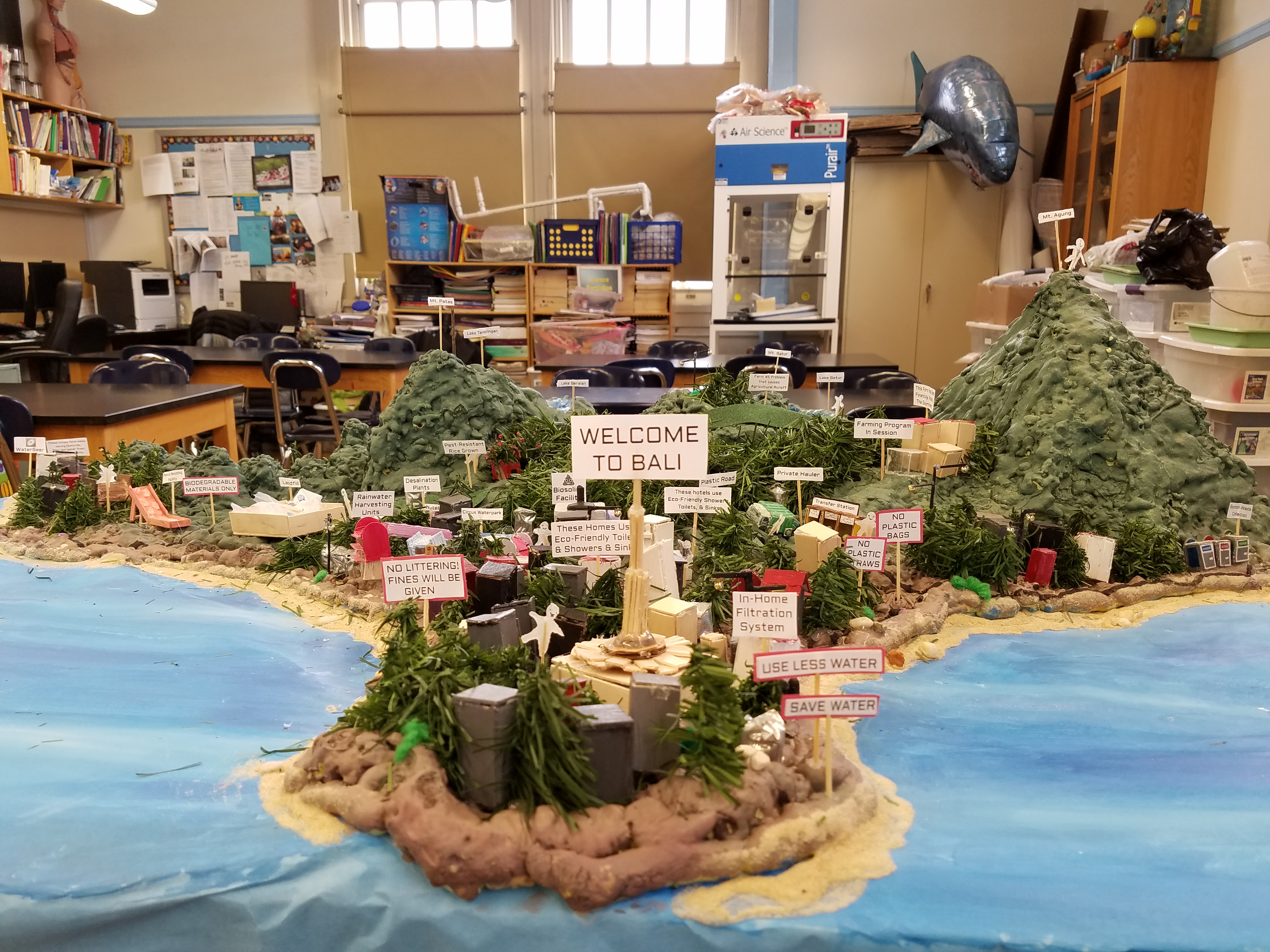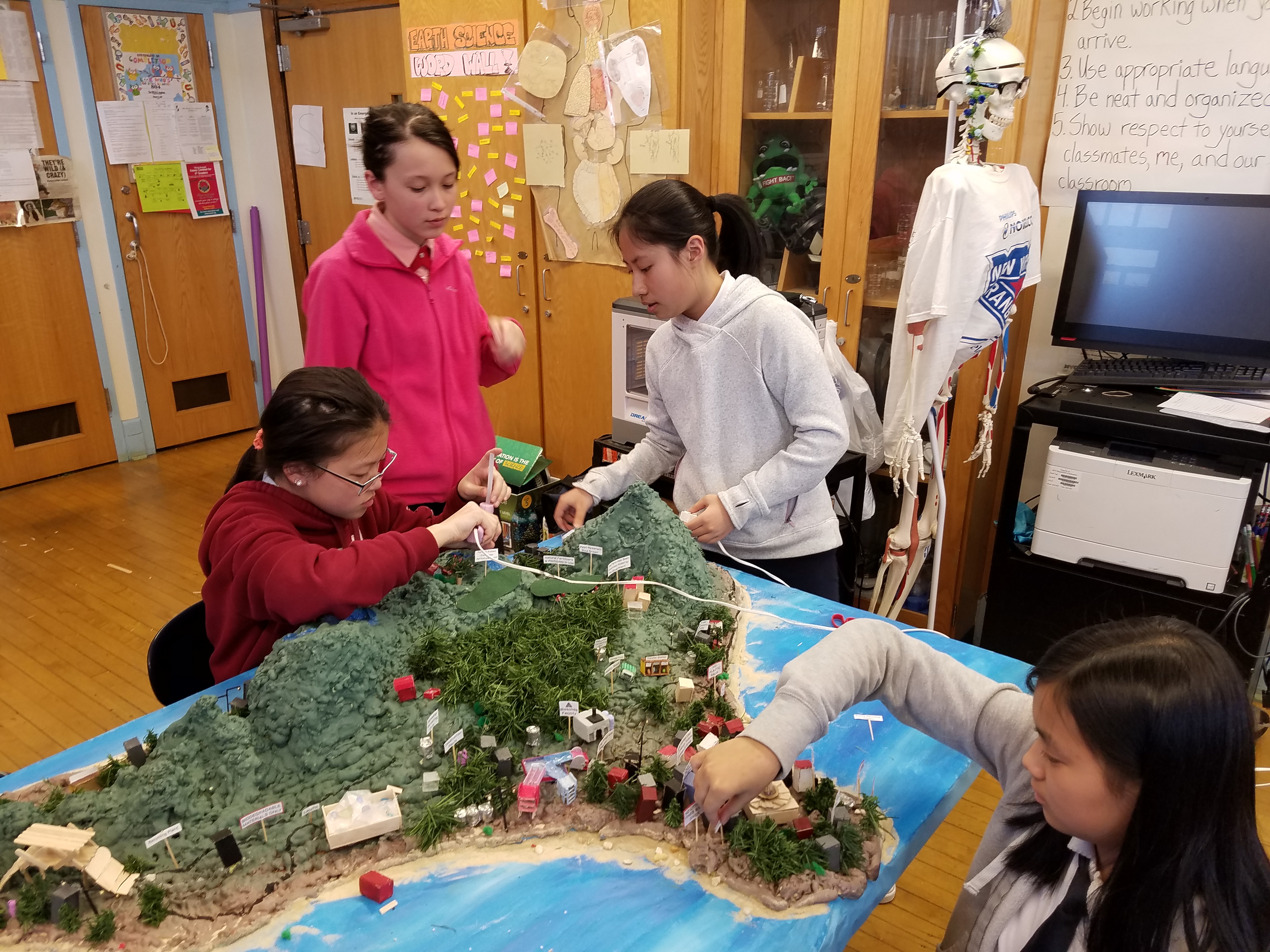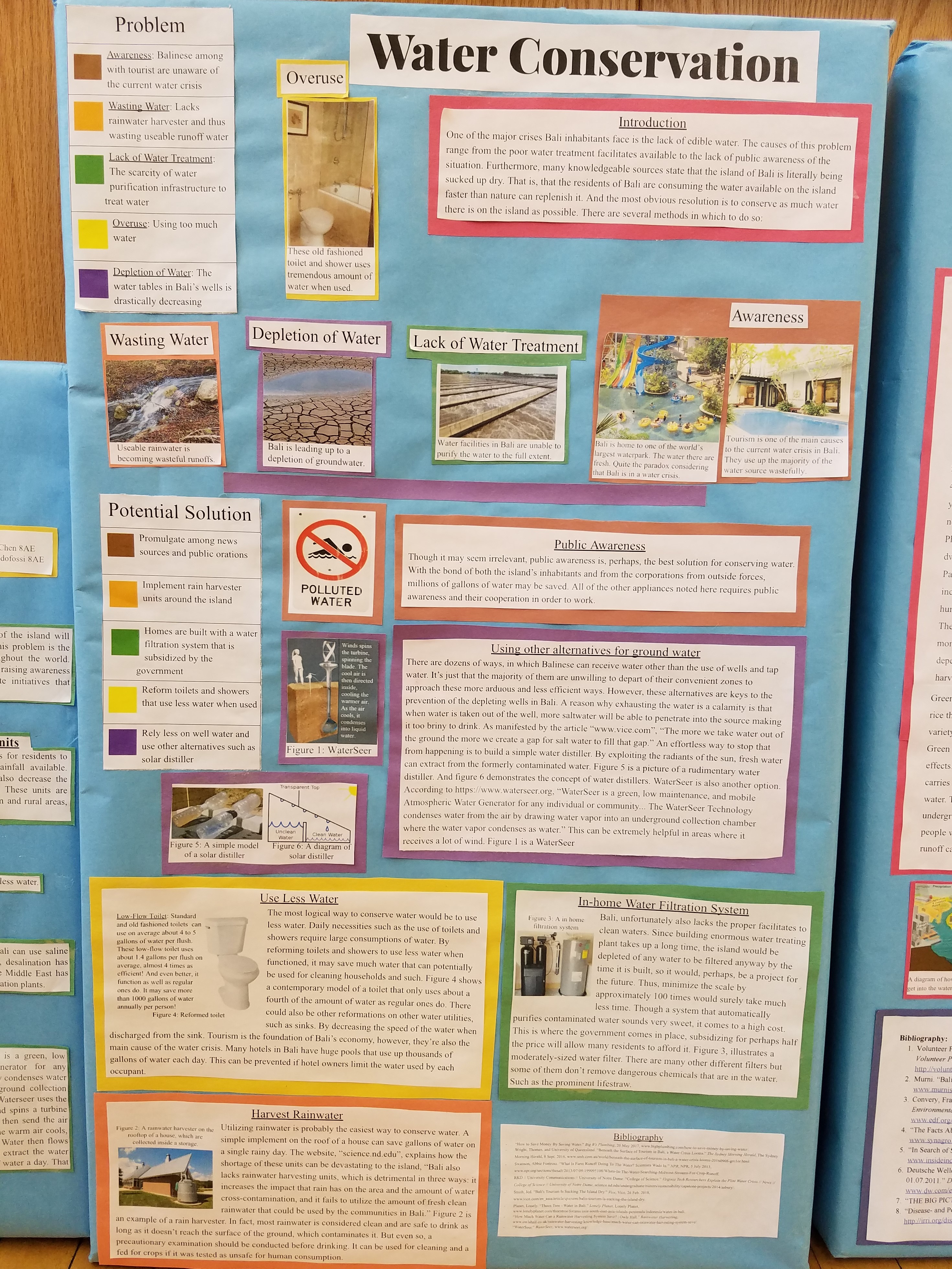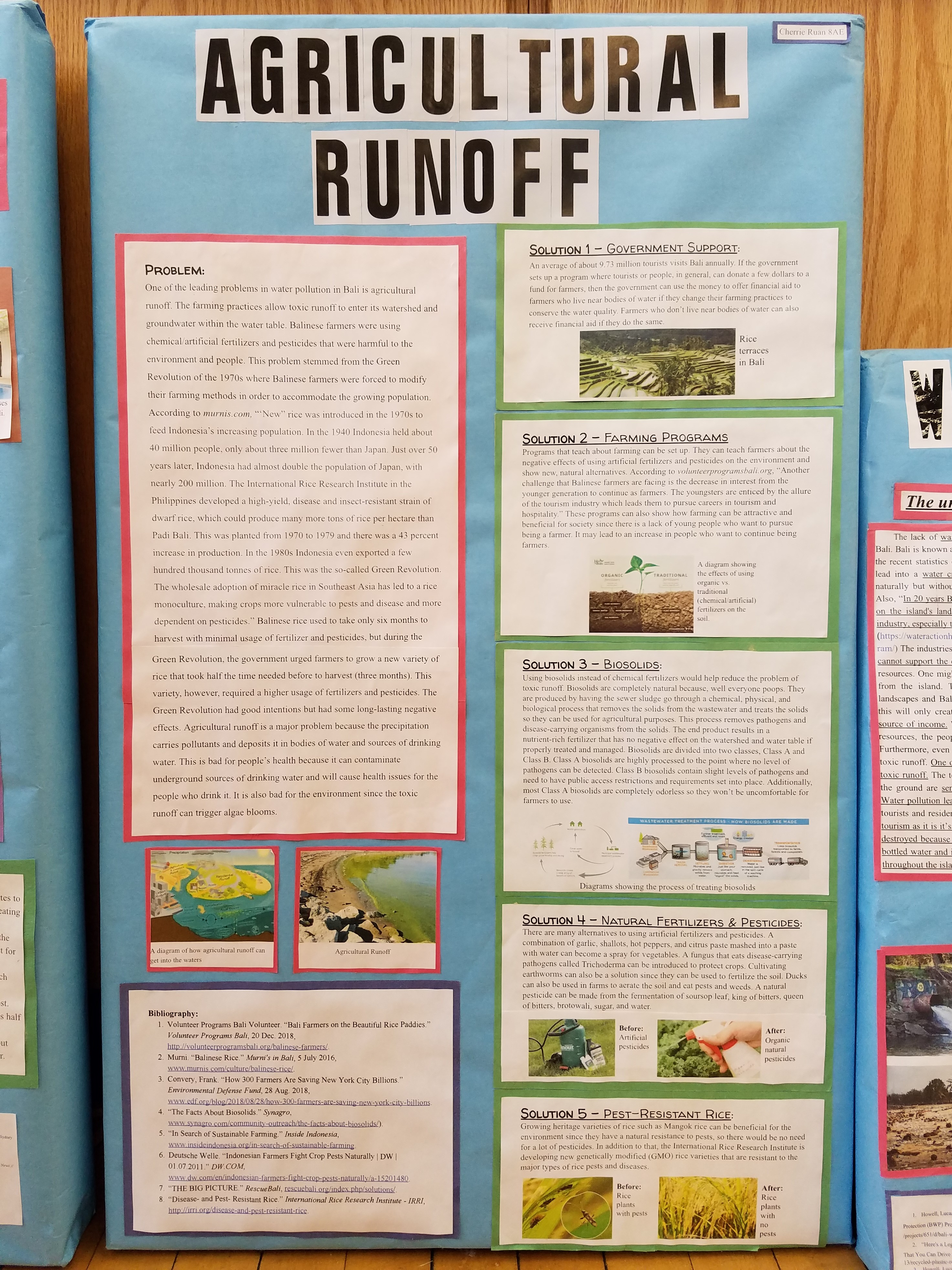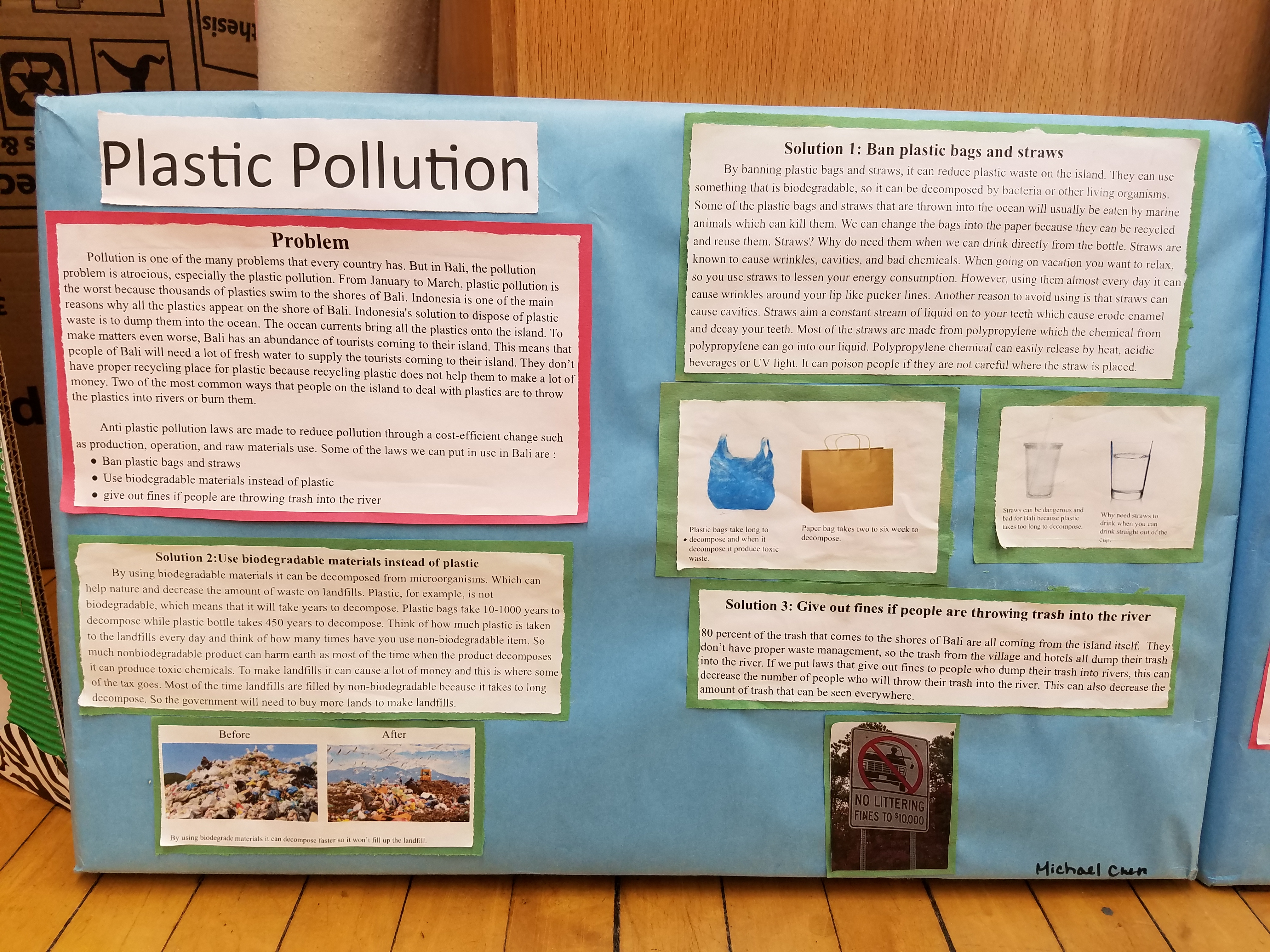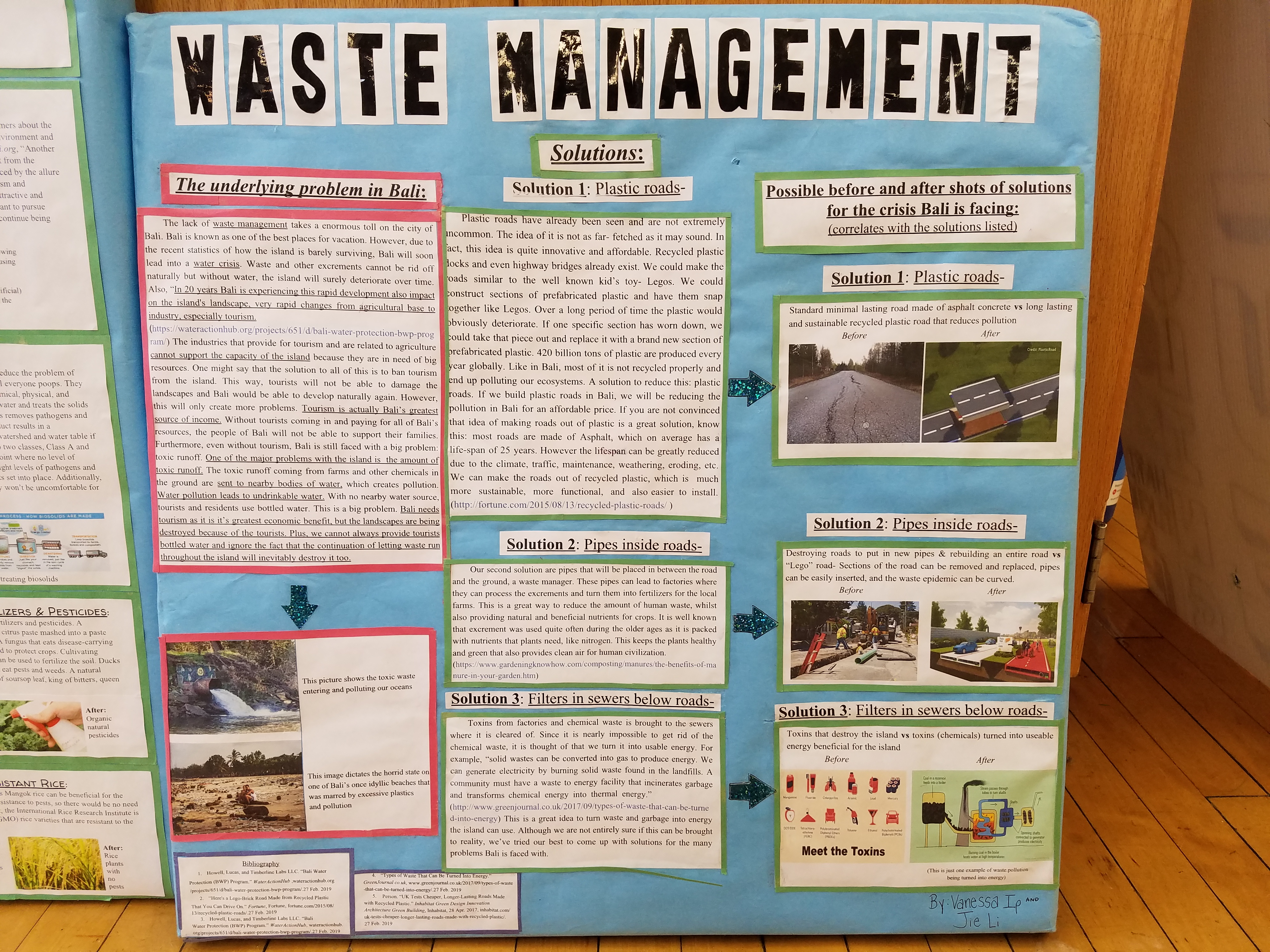Water, Water Everywhere, but…
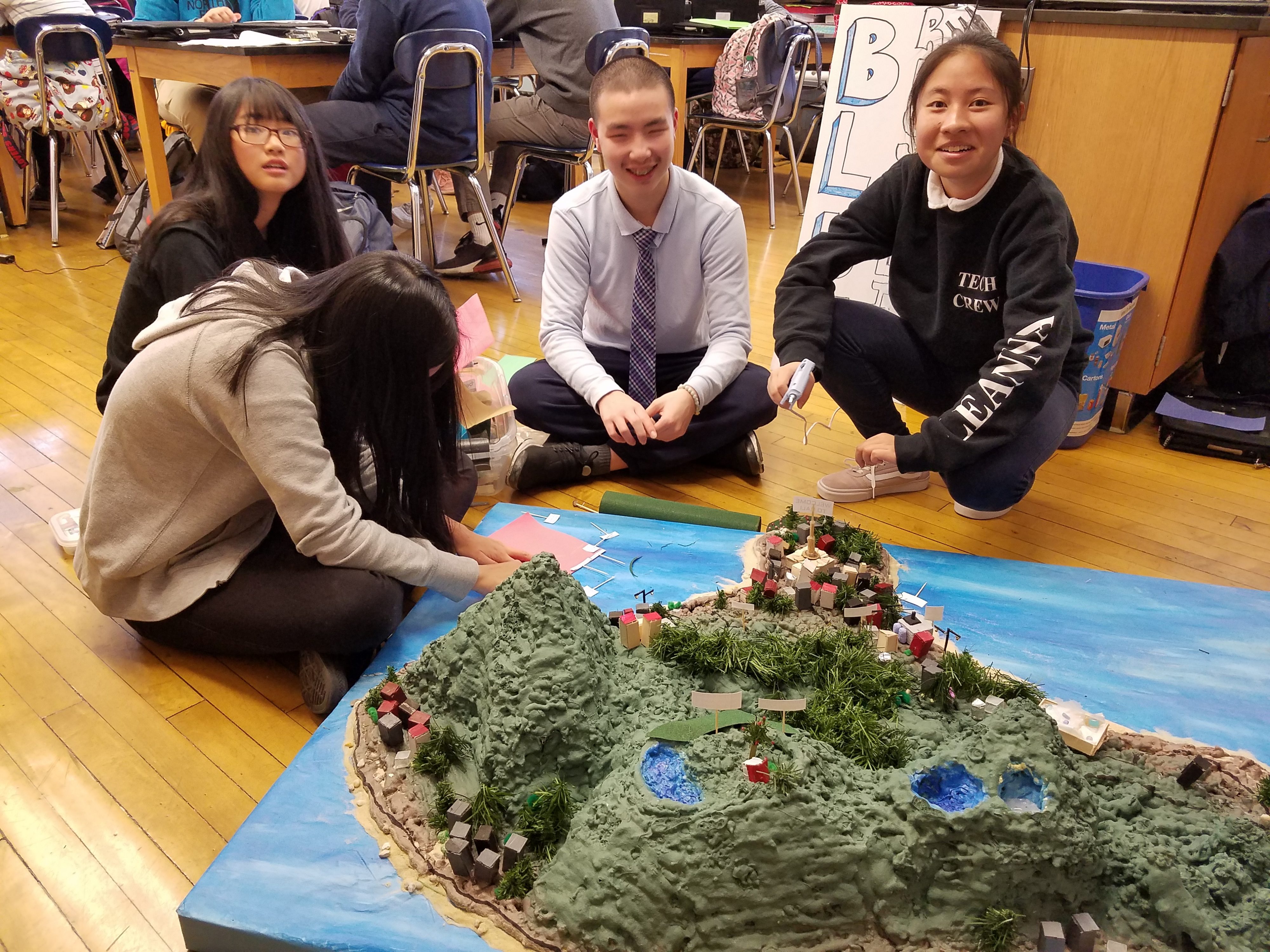
…not a drop to drink. That’s what Richard Lebowitz discovered on his Fund for Teachers fellowship last summer in Indonesia. For two weeks, he collaborated with Balinese municipalities, scholars, citizens and tourists to research the country’s inability to overcome its water shortage crisis. Richard’s inspiration came from observing water waste at The SEEALL Academy in Brooklyn, NY, where his students are now implementing sustainability practices as a result of his research.
“An environmental sustainability practice that my school fails to address is our overconsumption of freshwater,” said Richard. “Our sinks and water fountains often break, and excess water pours out of these faucets while they are not in use. They are eventually fixed, but only after wasting potable water. The school’s sinks and toilets are outdated and overconsume freshwater because they lack modern water saving technology, like reduced water volume sinks and toilets. I am committed to transforming our school culture, first by transforming the way my students view their roles as environmental stewards within our school and community.”
The most effective way to do that, he decided, was to show students what happens when a community fails to advocate for its environment.
- Beautiful from this vantage point, but polluted and not potable
- Evidence of lake water level decrease
Throughout his fellowship, Richard witnessed and documented the implications of a freshwater shortage crisis:
- More than 60% of the country’s waterways have dried up;
- Densely populated areas along the coastline have lowered the water table level, causing saltwater to leach into aquifers;
- Agricultural runoff pollutes bodies of water; and,
- Tourism creates an increased demand for freshwater.
Back at school, Richard introduced students to the topic of Bali’s water crisis through his fellowship pictures, videos and interviews. Then the students got to work, proposing solutions to four primary challenges listed above. The process included creating visual representations of their solutions through a classroom model, as well as science fair tri-folds.
This project sparked further student activism around the school, including elimination of single-use plastics and a new recycling program.
“Before the fellowship, my professional obligation as a science teacher was to inspire students to develop a love for learning while aiding their growth and development,” said Richard. “Now, my job continues to be what it was plus to inspire students to become positive contributors to society, the community, and the world within areas of science such as environment conservation. I have an obligation to share my experiences with others. I am grateful that I was able to have this opportunity to learn.”
We’re proud to share Richard’s story in celebration of World Water Day. Learn more about his fellowship by clicking here.
[minti_divider style=”3″ icon=”” margin=”20px 0px 20px 0px”]
 Richard is a middle school science teacher, sustainability coordinator, and science department chairperson in Brooklyn, New York. Currently, Richard is leading an effort that would bring recycling into his middle school. He spearheaded the construction of a greenhouse with a roof rainwater collection system. Next year, he plans to bring a reusable water bottle filtered refill station into his school. He is a Math for America Master Teacher and Greentree Foundation member.
Richard is a middle school science teacher, sustainability coordinator, and science department chairperson in Brooklyn, New York. Currently, Richard is leading an effort that would bring recycling into his middle school. He spearheaded the construction of a greenhouse with a roof rainwater collection system. Next year, he plans to bring a reusable water bottle filtered refill station into his school. He is a Math for America Master Teacher and Greentree Foundation member.
 Back to Blogs
Back to Blogs
